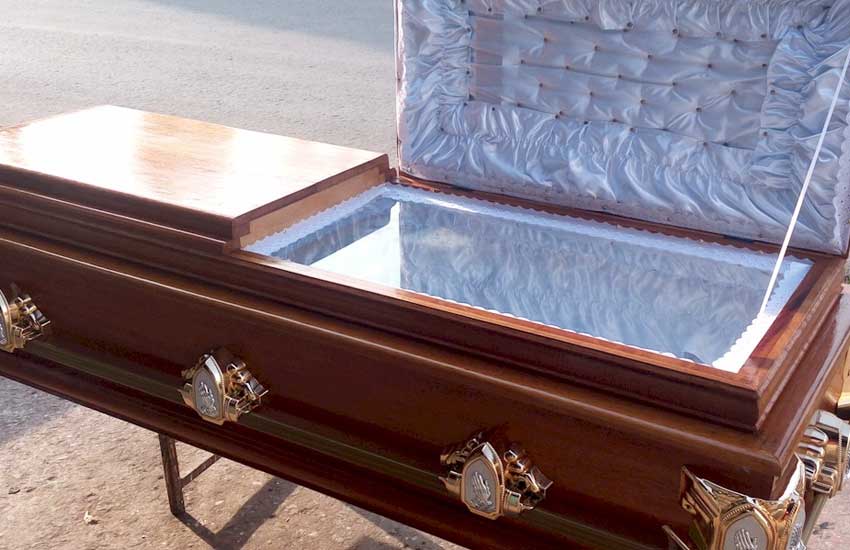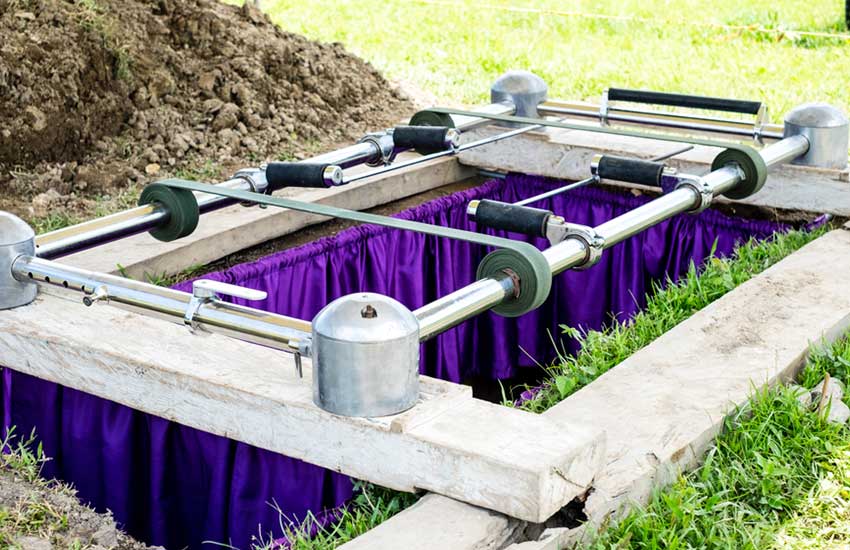
Death is inevitable. It’s against this backdrop of the fear and undefined emotions death brings to a family, that relatives of the deceased choose different ways to mourn their beloved kin and subsequently give him befitting send-off.
But among the Luhyas and Luos, funerals have become an expensive affair to an extend when death occurs in a given homestead, a funds drive is carried out and in most cases local like area MP or MCA are forced to be chief guests at the fundraiser.
Besides a fundraiser, girls born in the homestead are given budgets to take to their matrimonial husbands the amount of money and animals they should give in order to give the departed colleague a good send off.
Martin Wanyonyi, a Bukusu elder aged 69, said the money collected is meant to cater for hospital and mortuary expenses, buy coffin and food for the mourners, saying all is done to appease the dead so that he or she won’t ‘come back’ to terrorise the family for not conducting his/her funeral well.
“Even if the deceased died at home, we have to take him to the mortuary so that relatives and friends living in other areas can come for the burial in large numbers and bring money. Budget ranges from Sh100,000 for a poor family and over Sh1.5million for a rich family,” said Wanyonyi.
Read Also: Hold your hearses: How Kenyans are burying millions on funerals
Wanyonyi said the deceased must be buried in a coffin of at least Sh10,000 - and dressed in a suit or dress worth at least Sh7,000, adding that if he/she is not given a good send-off, calamity can befall the family.
He said part of the money is for hiring a public address system, tents and chairs so that the family is not seen to be poor by those who will come for the funeral.
“It’s believed that any member of the family who will not contribute towards offsetting the funeral expenses, the deceased will send diseases to kill his animals or a family member. He (deceased) can punish you with strange diseases and even accidents,” said Wanyonyi.

Lukas Onyango Opondo aged 61, a Luo elder from Gem, Siaya County said it was a culture they inherited from their forefathers and that it’s not stopping soon. According to Opondo, in case it’s an old man or woman who died, his or her beloved bull or fat cow must be slaughtered so that he goes with his belongings to the grave.
During the mourning (Teroburu) time, if he had three daughters had been married, each one of them will be sent to their husbands to give them a bull, chicken and sugar for the visitors.
“All the animals brought by the deceased daughters must all be slaughtered and the food is kept at a central place. Each one of the will be given his share according to the number of visitors one has,” said Opondo.
Read Also: Why funerals in Central are conducted with less concern for the dead
He said the first born daughter must enter the homestead first with his food (bull, maize, chicken and sugar).
“If the younger daughter happens to come earlier, they must wait at the gate and wait to be ushered in after their elder sister arrives,” But Anglican Church of Kenya (ACK) - Butere Diocese Bishop Emeritus Beneah Salala said Luhyas and Luos have a wasteful culture as compared to investing the resources they have.
Bishop Salala said its shameful how relatives of the deceased often give an expensive send off and yet when he needed them when bedridden or seeking treatment support, they were not available to offer a helping hand.
“Since 1987, when I became a preacher, I have never eaten any food at a funeral place until I retired. People should just come and condole with the bereaved family and not eat as it’s the way with Luhyas,” said Bishop Salala.
He said last year alone, Kenyans spent Sh15 billion on weddings, but when you look at the investments they have made, there is none, saying Luhyas spend a lot on funerals and weddings at the expense of investing.
 The Standard Group Plc is a multi-media organization with investments in media
platforms spanning newspaper print
operations, television, radio broadcasting, digital and online services. The
Standard Group is recognized as a
leading multi-media house in Kenya with a key influence in matters of national and
international interest.
The Standard Group Plc is a multi-media organization with investments in media
platforms spanning newspaper print
operations, television, radio broadcasting, digital and online services. The
Standard Group is recognized as a
leading multi-media house in Kenya with a key influence in matters of national and
international interest.
